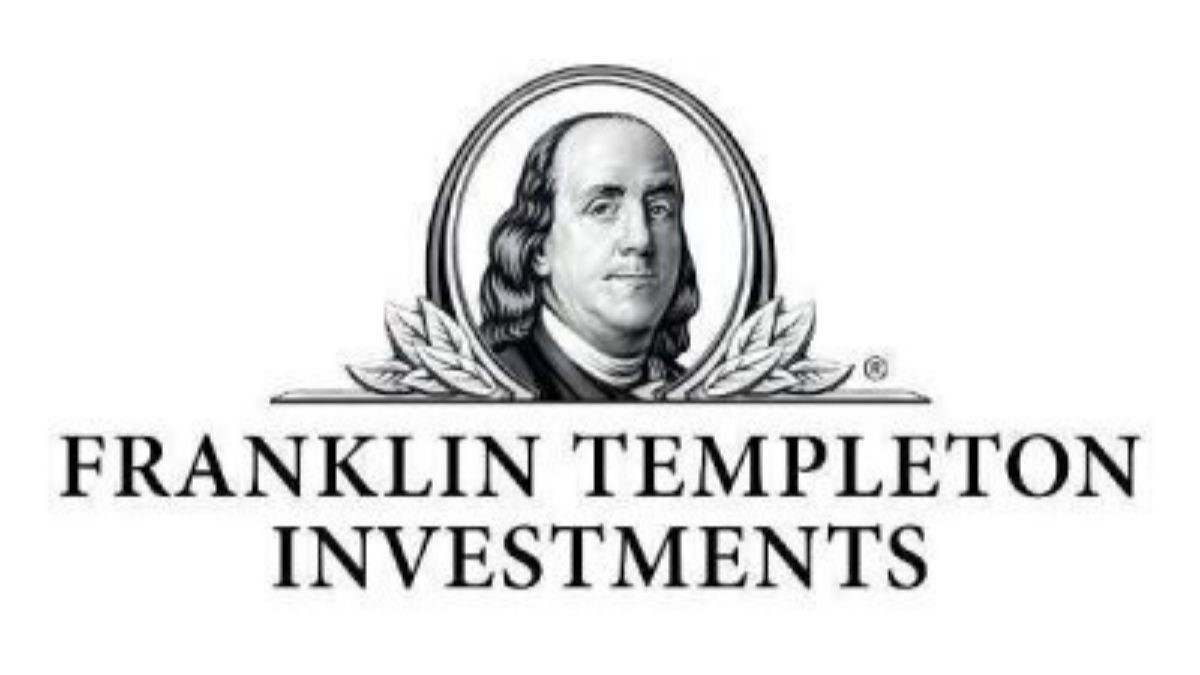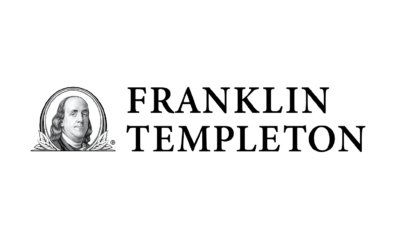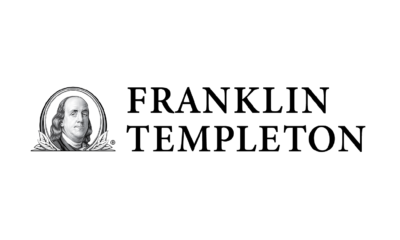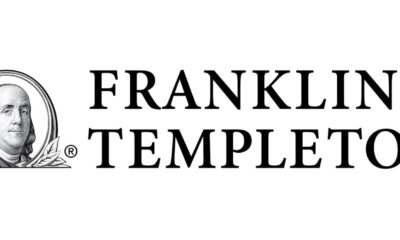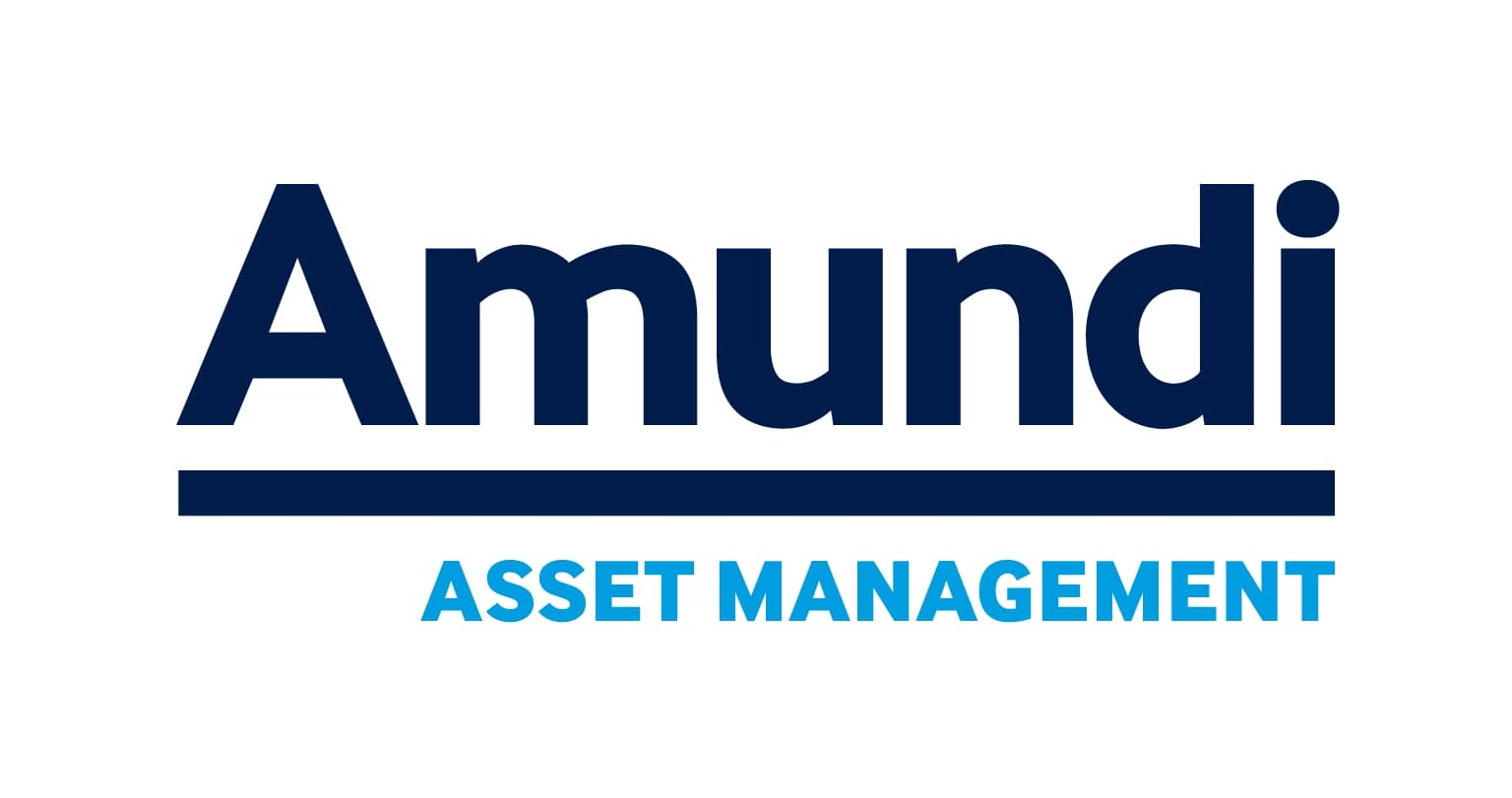There is once again growing interest in the world of the metaverse as technological advancements and innovative strategies in different sectors have continued to show progress. Dina Ting, Franklin Templeton’s Head of Global Index Portfolio Management, explores this new digital landscape and the opportunities it presents. She also discusses practical applications, including immersive entertainment and luxury brand experiences.
Ever since ChatGPT and all things artificial intelligence (AI) began dominating headlines, the term “metaverse” seems to have slipped out of the spotlight. But the recent debut of the stunning US$2.3 billion Sphere venue in Las Vegas, christened by U2’s latest live concert series, seems an appropriate reminder of the ongoing evolution of immersive ecosystems (as well as the allure of FOMO—“fear of missing out”—on new trends).
The eye-popping arena—tall enough to fit the entirety of the Statue of Liberty inside it—boasts a communal virtual reality (VR) experience without the need for goggles. The giant orb’s exterior features the world’s largest (58,000 square feet) fully programmable LED screen and an interior space that U2’s guitarist, the Edge, has described as a “quantum leap forward” in revolutionizing live entertainment.
Equipped with haptic seats that vibrate to match not only scenes being displayed but also next-level audio, the venue engages all senses with wind, temperature and even scent effects that can leave guests feeling as though they are outdoors or even in outer space.
The Sphere’s enormous scale might be particularly Vegas-esque, but it’s the latest harbinger of our new immersive entertainment era. Investors eyeing the still-early stages of metaverse development find appeal in the array of pioneering content formats and related technology to solve for constraints such as that of conventional imaging and filmmaking for spaces with vast ultra-high-resolution displays. Creators of the Sphere are even collaborating with the US National Aeronautics and Space Administration (NASA) on media innovation.
Global adoption of 3D holographic imaging and LED displays is surging as companies continue to develop new ways to blur the line between virtual and physical. The global LED display market, worth at US$15 billion in 2022, is estimated to grow to US$23 billion by 2030.1
During this year’s Meta Connect conference, CEO Mark Zuckerberg unveiled new AI tools—such as Max the sous chef—and reiterated to attendees that “soon the physical and digital will come together in what we call the metaverse.”
Luxury brands, including Chanel and Dolce & Gabbana, have also been keen to invest in immersive metaverse strategies. Some involve new modes of personalized services, brand interaction and experiences to enhance loyalty for customers or seamless and creative collaboration for employees as well as leveraging virtual worlds to improve corporate operational efficiencies.
Since Louis Vuitton first partnered with Riot Games four years ago to create skins for avatars, a number of high-profile design events have launched, such as Metaverse Fashion Week. Last fall, Italian fashion house Gucci appointed a head of metaverse role, and around the same time, luxury watchmaker Rolex made moves into the metaverse, filing trademark applications in the realms of cryptocurrency and the non-fungible tokens market.
No doubt there are many initiatives that will struggle in this emerging space, which is why investors may prefer to use rules-based ETF strategies to capture the optimal metaverse exposure. Tracking such indexes can offer an advantage in that they automatically adjust portfolios to include select companies on the forefront of this new digital landscape. We continue to believe opportunities to revolutionize our digital interactions across sectors and industries are immense, and the solutions these new technologies will offer will drive demand.
Any companies and/or case studies referenced herein are used solely for illustrative purposes; any investment may or may not be currently held by any portfolio advised by Franklin Templeton. The information provided is not a recommendation or individual investment advice for any particular security, strategy, or investment product and is not an indication of the trading intent of any Franklin Templeton managed portfolio.
- Source: Zion Market Research, May 2023. There is no assurance that any estimate, forecast or projection will be realized.
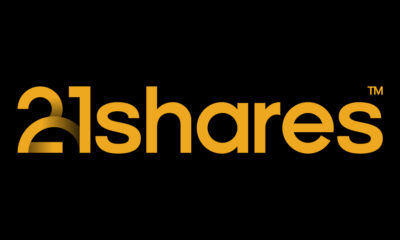
 Nyheter4 veckor sedan
Nyheter4 veckor sedan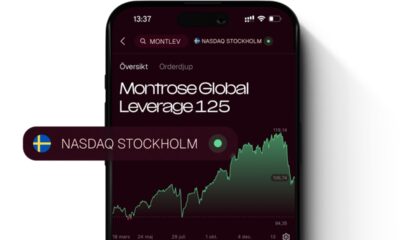
 Nyheter3 veckor sedan
Nyheter3 veckor sedan
 Nyheter3 veckor sedan
Nyheter3 veckor sedan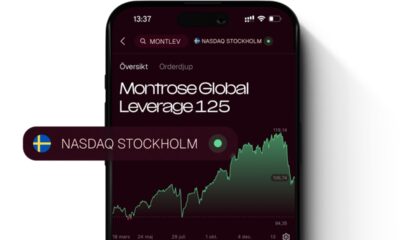
 Nyheter3 veckor sedan
Nyheter3 veckor sedan
 Nyheter3 veckor sedan
Nyheter3 veckor sedan
 Nyheter2 veckor sedan
Nyheter2 veckor sedan
 Nyheter3 veckor sedan
Nyheter3 veckor sedan
 Nyheter2 veckor sedan
Nyheter2 veckor sedan
